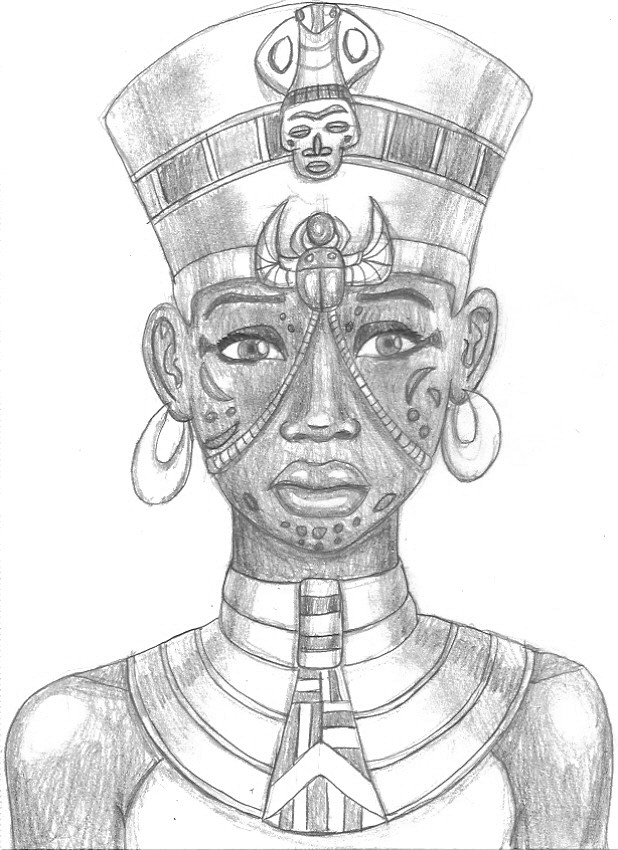- Thread starter
- #61
Mindfire
 Istar
Istar
Incidentally, part of the Teeth touches on the Hungry Sea.
If I decide on Hungry Sea, will it still clash with the Teeth?
If I decide on Hungry Sea, will it still clash with the Teeth?

 Acolyte
Acolyte
 Sage
Sage
 Myth Weaver
Myth Weaver